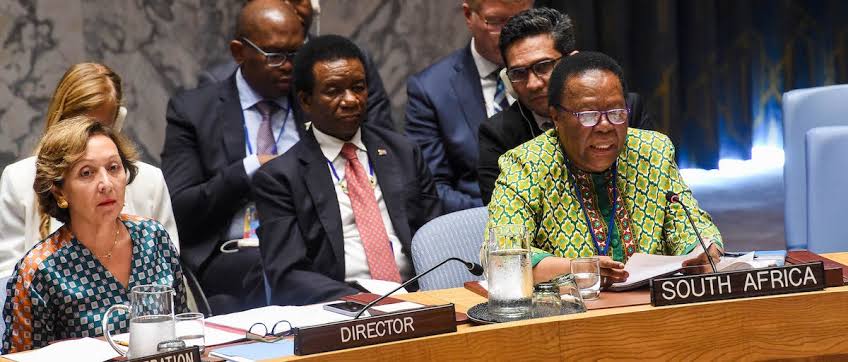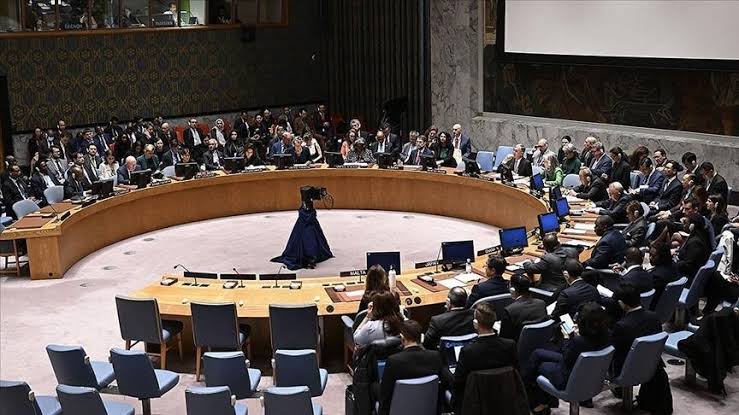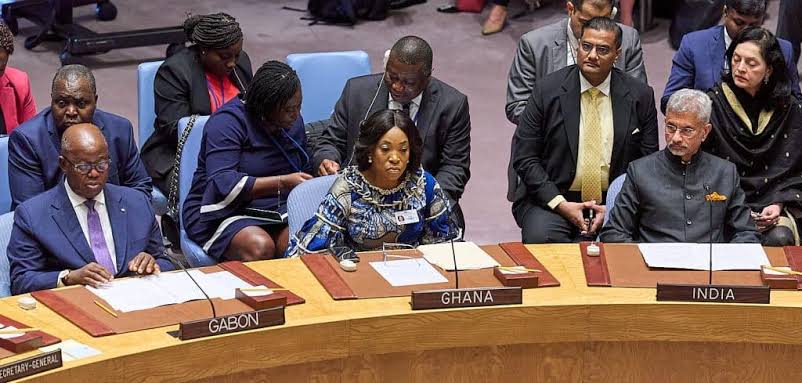**UN Security Council tries to get Africa a permanent seat**
The call for Africa to have a permanent place on the UN Security Council (UNSC) has gathered a lot of support, and UN officials are working harder to make this important change happen. Antonio Guterres, the Secretary-General of the UN, has been at the forefront of this effort, stressing that Africa is severely under-represented on the global stage, especially now that the world is changing so quickly.
Africa is the only region that doesn’t have a permanent seat on the Security Council. It is home to 1.3 billion people in 54 countries. These events have made people worry more and more about how fair and open the UNSC is. The UNSC has five regular members: the US, the UK, Russia, China, and France. These countries have a lot of power, including the right to veto resolutions. Many people say that Africa should also have this power because of its size, population, and growing impact.

The time for change is now: Africa’s push for a permanent seat on the UN Security Council gains momentum.
Guterres has said that the Security Council’s current framework is out of date and doesn’t reflect the way things are in geopolitics in the 21st century. He has said that the fact that Africa is not a permanent member of the UN is a major flaw that hurts the organization’s authority and legitimacy. Africa is having many problems, such as wars, terrorism, and climate change. A permanent seat for Africa would make sure that African ideas and solutions are properly considered when the Security Council makes decisions.
Reform has been pushed for a long time, but in recent years it has become more urgent. African leaders have always wanted their countries to have more power in international organisations. For example, the desire for a permanent seat on the UNSC has been at the centre of discussions at the African Union (AU) and other regional meetings. The AU agreed to the Ezulwini Consensus in 2005, which says that Africa should have two permanent seats with full veto power and five non-permanent seats.
Other parts of the world have also backed Africa’s plan, with many countries realising the need for a more fair and representative Security Council. People in the global South have been strong supporters of reform, saying that the present system favours the interests of the global North too much. Adding Africa as a permanent member of the UN Security Council would not only make it more legitimate, but it would also improve multilateralism by making sure that all regions have a say in issues of global peace and security.

A new era of inclusivity? The call for Africa to join the UN Security Council as a permanent member grows louder.
But it won’t be easy to make this change happen. To change the structure of the Security Council, at least two-thirds of the UN General Assembly must agree, with all five regular members having to agree. In the past, this has been a big problem because the present permanent members didn’t want to give up their power. Still, more and more people agree that reform is needed, and African countries and their friends are putting more and more pressure on the government to do so. This means that change is becoming more likely.

Africa’s voice on the global stage: The push for a permanent seat on the UN Security Council continues.
In conclusion, the push for Africa to have a permanent place on the UN Security Council is part of a larger call for a more fair and inclusive world order. Having Africans in important global institutions is not only fair, but also necessary to make sure that the Security Council can successfully deal with the problems of our time as the world changes. The next few years will be very important in deciding if this long-needed change will finally happen.